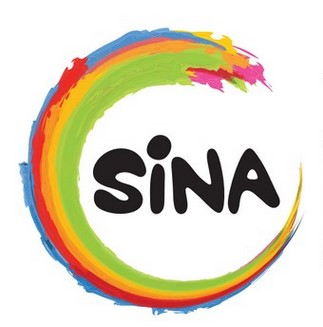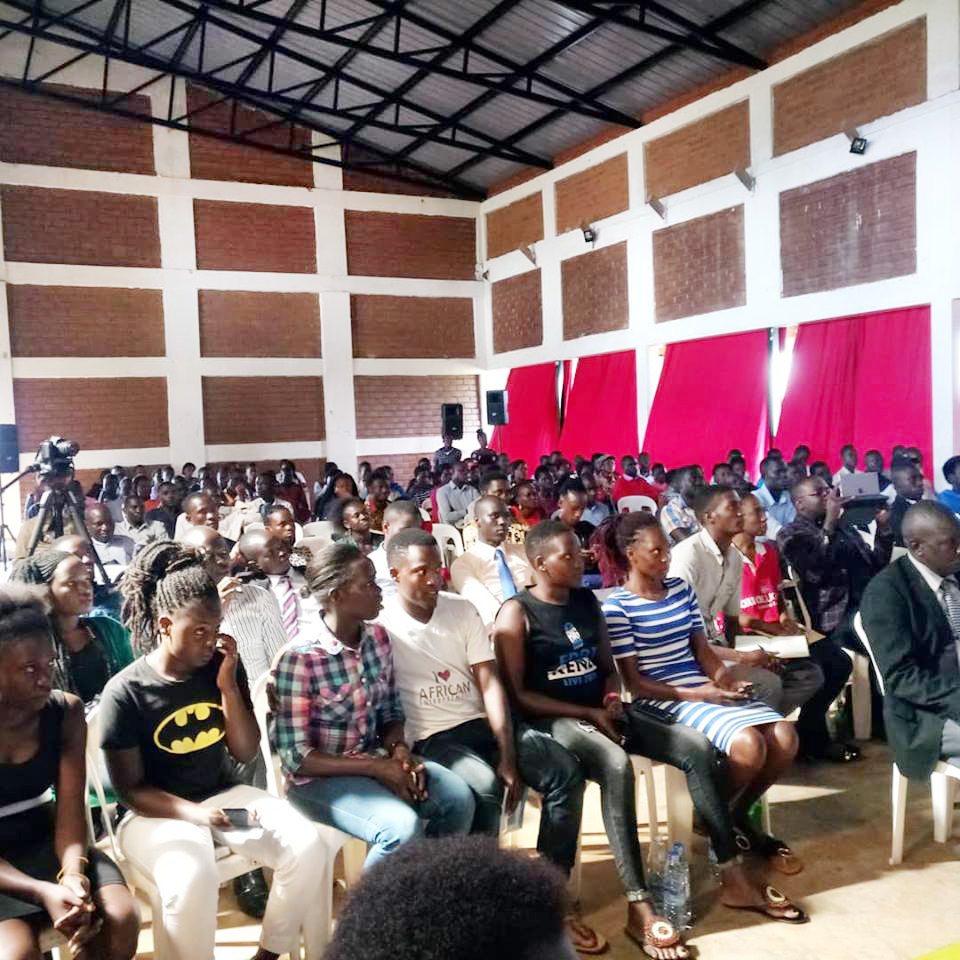SINA at the HIVOS Social Innovation Award Ceremony 2014
The HIVOS Social Innovation Award ceremony in Amsterdam was a fantastic experience for Etienne Salborn and the Social Innovation Academy (SINA). We did not win the award and the price money but we won a lot of new contacts, inspirations, valuable feedback and people could learn about our unique educational concept of youth empowerment towards social entrepreneurship.
SINA is still in its initial stages, having completed its prototyping phase in January 2015. One of the areas of growth identified by the HIVOS jury in their extensive and constructive feedback was the self-sustainability of the academy. Running the Nailab (a Kenyan business incubator) Sam Gichuru understood SINA as a business incubator and raised his concerns that none of the business incubators in the area were able to achieve self-sustainability. He encouraged SINA to improve its business model. We took this feedback and developed a much stronger system together with SINA facilitators and SINA scholars after SINA founder Etienne Salborn returned to Uganda.
Since March 2015, income generating activities have been set up in SINA and products are sold in Uganda bringing revenue to SINA and creating learning opportunities for scholars. Seven projects are running every morning, whereby the SINA scholars learn new skills of, e.g. producing briquettes from biomass, crafts and counter books; how to do effective sack gardening, agriculture, or bottle construction and especially how to create a professional business out of the skills.
SINA is tackling a much greater challenge than a business incubator. Students in Uganda leave school and have never been able to create something by themselves, unleash their creativity and develop their ideas. SINA is giving the space, materials coaching and environment for youth from marginalized backgrounds to try ideas, fail, learn, endure and develop projects until they can be run as a social business. Initial stages are key: how to generate ideas? How to structure ideas into a project? How to grow a project into a sustainable social enterprise?
For thinking outside the box and beyond the conventional, SINA is thankful for its HIVOS Learning Community Coach Peter Fella from the Amani Institute in Kenya, who inspired SINA to develop an idea-generation system around associative thinking. The system was piloted in SINA at the end of February 2015 and brought forward six fantastic ideas which students are developing in form of projects and trying to scale them into social enterprises. In our next blog entry, we will introduce the ideas further and the progress of the projects.
A further distinction with a conventional business incubator: SINA decided that businesses coming out of the academy will not be owned by the students immediately. Instead SINA will register the business and employ the students. Hence, SINA scholars leave with their own employment established. The salary will be based on the profit created. Scholars can decide to use it as personal money or to invest parts of it to buy shares of their business. As profits grow, so does the ownership of the scholars of in the end up to 99%. SINA will always remain with at least 1%. In the first months or even years SINA will hold the majority of share in the business and profits will be reinvested to grow the business further or returned to SINA for further start-up and incubation of social enterprises of SINA scholars.

